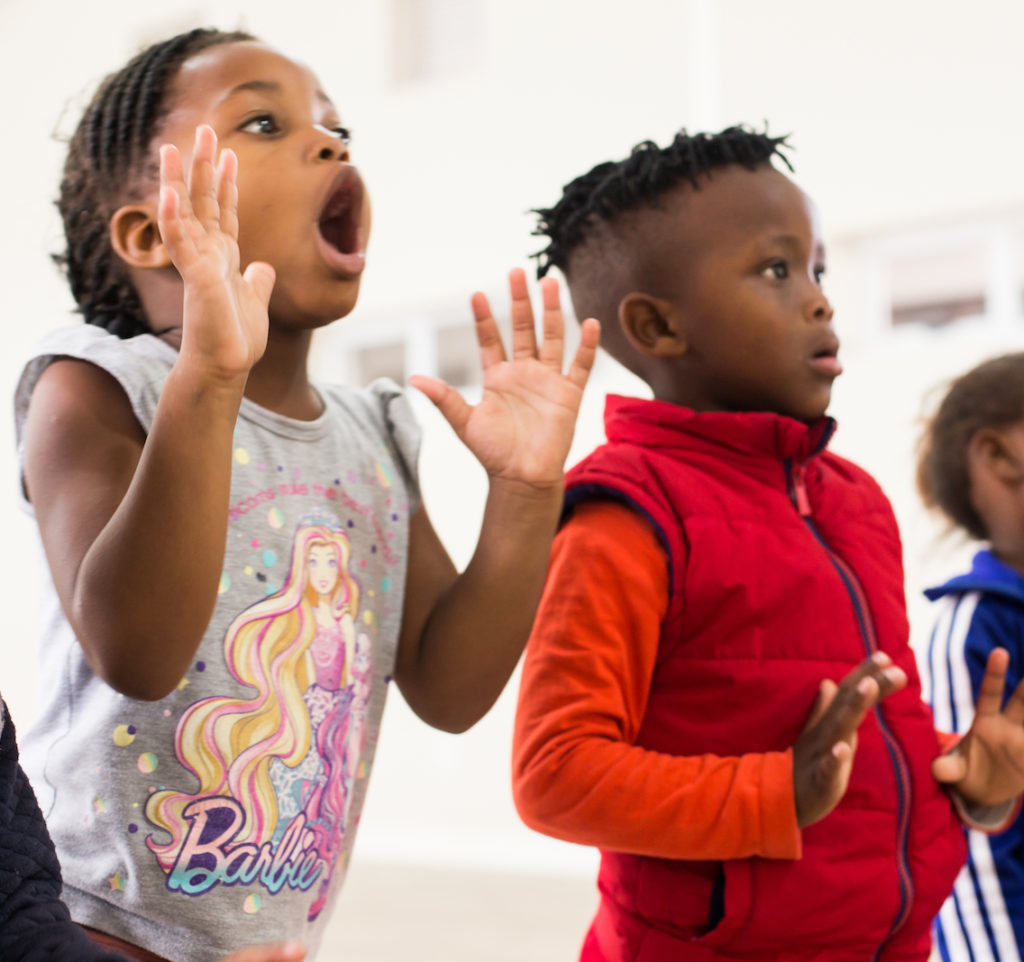We’re SUPER excited about MUSIC as a catalyst for learning. Our excitement comes from years of experience as we’ve watched the effect that music-based activities have on children.
What’s really exciting, is that our experience is continually backed up by research coming from prominent NEUROSCIENTISTS across the world.
If you’re new to Wriggle and Rhyme, we are a MUSIC PROGRAMME for babies, toddlers and pre-schoolers. Our mission is to introduce children to music-based activities in their early years, because:
- music is such a fun and highly effective medium for learning!
- music brings people together!
So, that’s exactly what our classes aim to do!
What does the research say?
As the years have passed, more and more research is being done on the effects of music on growing brains. This research validates our anecdotal experience from our classes. We witness the incredible effect that music has on the children participating in our musical adventures!
It would make sense to assume that SINGING SONGS, in particular, has a helpful part to play in language development – in terms of repetition, vocabulary extension, auditory memory, rhythm and rhyme – all of which are the building blocks of speech. We see evidence of this consistently in our programme, across all our age groups
However, research indicates that MUSIC ITSELF contributes to speech, even before the words begin to be understood.
The building blocks:
“Infants listen first to sounds of language and only later to its meaning,” says Anthony Brandt. Differentiating different sounds is one of the key components to language development. Babies will start by gurgling and babbling to try and imitate their caregivers speech … these are the building blocks of language. When you think about the structure of a song – its different musical components, such as tempo, timbre, dynamics – it makes sense why music is so effective in forming the “scaffolding” on which speech is then built.

The importance of singing:
One of the most obvious benefits of singing words, rather than only using instrumental music-based activities, is the opportunity to extend a child’s vocabulary. Because of the way that music impacts our memories, words are more readily embedded when they’re sung, rather than just said.
[You can take a look at one of our other blog posts on MEMORY if you’d like to read more about this subject.]

It’s time to meet MAX!
Max was first introduced to the Wriggle and Rhyme programme when he was still in utero. Max’s mom, Samantha Coogan, was running one of our branches at the time, so music was part of his life from his earliest days.
Max was born prematurely at 34 weeks. He has had some delays with his speech development as a result.
However, Max LOVES music.
We are so privileged to still be involved in his life as he participates in our co-curricular PRE-SCHOOLS music programme at the wonderful CONSTANTIABERG PRE-PRIMARY https://www.constantiabergpreprimary.co.za where he attends school.
His mom, Samantha, sent us this video clip recently. Max is pretending to run a little Wriggle and Rhyme class to his family over dinner-time. He’s singing and moving along to the elements from our programme that he remembers.
Samantha was blown away! So much so, that she sent a copy of the clip to his school teacher too.
Why was she blown away? Well, Max hardly speaks at school! But, he loves to sing!
This is such a beautiful example of the power of music in LANGUAGE development!
Rhythm and reading:
Nina Kraus and her colleagues at the Auditory Neuroscience Laboratory of Northwestern University (USA) have been researching the links between rhythm, speech recognition and reading. Over the course of their tests they found those who had more musical training not only kept better time, but had better neural responses to speech. Conversely, children who were poor readers tended to have difficulty tapping a consistent beat.
That means, it’s time to pick up our drums and start to play in time to the music!
There’s so much more that we could say and the research is persuasive and ongoing … but one thing is for sure – when it comes to LANGUAGE DEVELOPMENT:
KEEP SINGING MAX!

